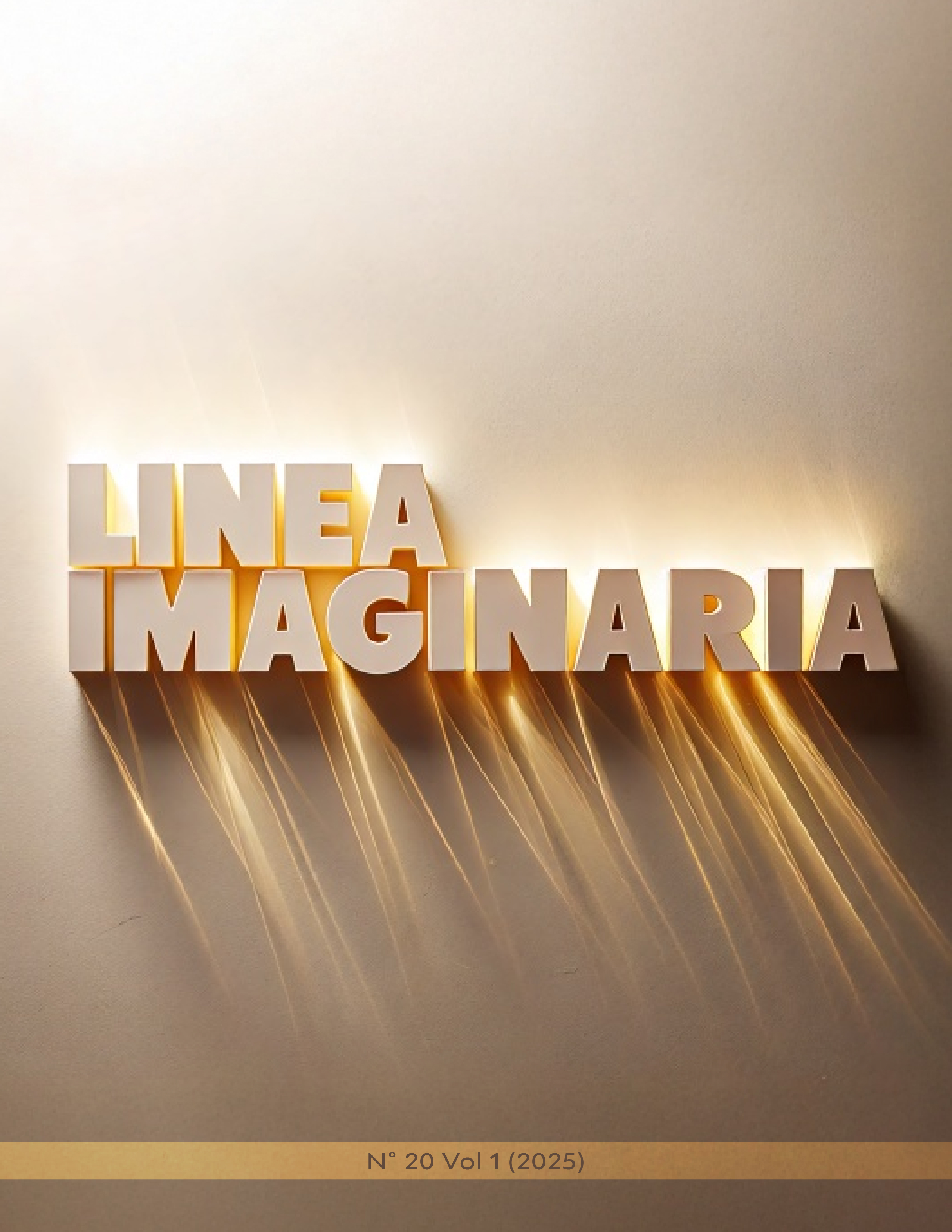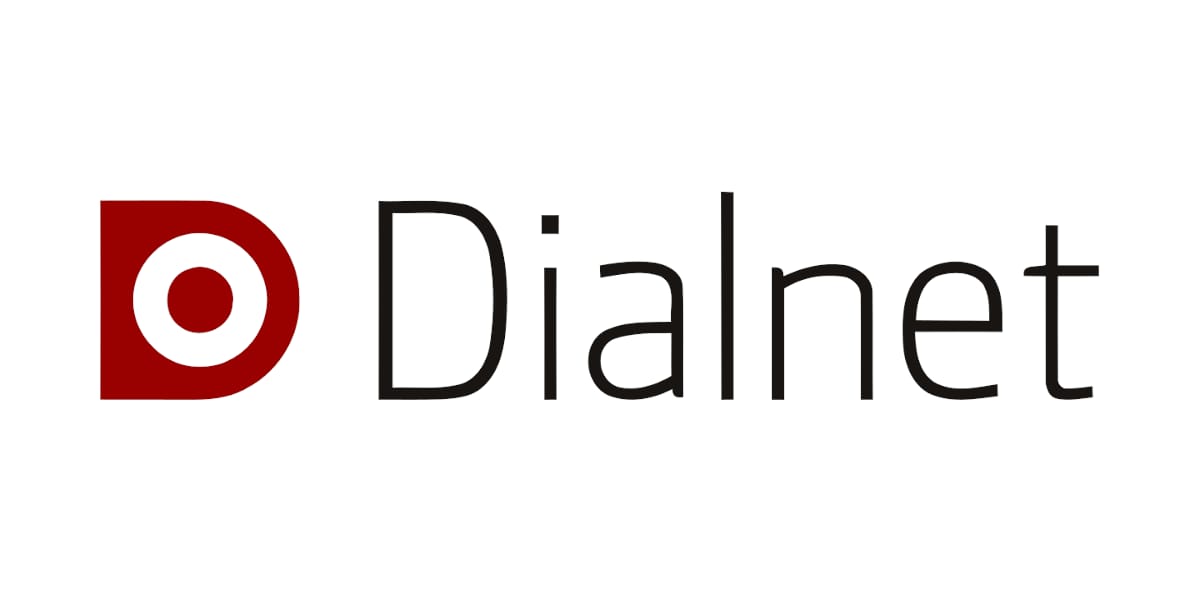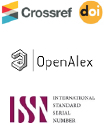ICT TOOLS BASED ON AI TECHNOLOGY, FOR TEACHERS IN TRAINING OF THE DEGREE IN ARTISTIC EDUCATION AT THE UNIVERSITY OF PAMPLONA.
DOI:
https://doi.org/10.56219/lneaimaginaria.v1i20.3687Keywords:
ICT tools, Artificial Intelligence, teacher trainingAbstract
The use of ICT tools with a technological base in AI is a highly significant fact in the current university context, because it seeks to ensure that teachers are at the forefront of the demands in this new era. In this sense, this article was framed with the purpose of analyzing the influence of ICT from AI to train future teachers in Colombia. In this way, there are epistemological and didactic elements that influence the idea of carrying out educational processes based on the needs of the now, and this applies to the teacher training of the artistic program at the University of Pamplona. To achieve this goal, this article is qualitative, from the documentary design to giving the possibility of generating an essay-type text. As a result, the need to assume a technological and didactic stance based on the use of AI as a technological tool of great impact in educational scenarios that aim to give way to the structuring of a new idea of teacher training is specified.
Downloads
References
Acevedo, A. y López, A. (2004). El proceso de la entrevista. México: Limusa.
Adell, J. y Castañeda, L. (2012). Tecnologías emergentes, ¿pedagogías emergentes? En J. Hernández, M. Pennesi, D. Sobrino y A. Vázquez (coords.), Tendencias emergentes en educación con TIC (pp.13-32). Asociación Espiral, Educación y Tecnología.
Creswell, J. (2014). Diseño de investigación: enfoques cualitativos, cuantitativos y de métodos mixtos. EEUU: Sage.
Díaz B., Á. (2011). Competencias en educación. Corrientes de pensamiento e implicaciones para el currículo y el trabajo en el aula. Revista Iberoamericana de Educación Superior, vol. II, núm. 5, 2011, pp. 3-24. Instituto de Investigaciones sobre la Universidad y la Educación.
Durán, B. Z., López, J. F. B., Martínez, J. G. y Flores, T. G. (2017). Formación en TIC y competencia digital en la docencia en instituciones públicas de educación superior. Apertura, 9(1), 80-96. https://bit.ly/3gL0hoD DOI: https://doi.org/10.32870/Ap.v9n1.922
Fernández Batanero, J. M., & Rodríguez Martín, A. (2017). TIC y diversidad funcional: conocimiento del profesorado. EJIHPE. European Journal of Investigation in Health, Psychology and Education, 7(3), 157-175. Recuperado de: https://idus.us.es/xmlui/handle/11441/69546 DOI: https://doi.org/10.30552/ejihpe.v7i3.204
Gamboa Suárez, A. A., Hernández-Suárez, C. A. y Prada Núñez, R. (enero-junio, 2018). Práctica pedagógica y competencias TIC: atributos y niveles de integración en docentes de instituciones educativas de básica y media. Saber, Ciencia y Libertad, 13(1), 258–274. DOI: https://doi.org/10.18041/2382-3240/saber.2018v13n1.2090
Hernández, R.M. (2017). Impacto de las TIC en la educación: Retos y Perspectivas. Propósitos y Representaciones, 5(1), 325-347. Doc: http://dx.doi.org/10.20511/pyr2017.v5n1.149 DOI: https://doi.org/10.20511/pyr2017.v5n1.149
Martínez, C. (2009). La educación a distancia: sus características y necesidades en la educación actual. Educación, XVII (33), 7-27.
Puentes Gaete, A., Roig Vila, R., Sanhueza Henríquez, S., & Friz Carrillo, M. (2013, enero). Concepciones sobre las tecnologías de la información y la comunicación (TIC) y sus implicaciones educativas: Un estudio exploratorio con profesorado de la provincia de Ñuble, Chile. Revista CTS, 8(22), 75-88.
Rodríguez, M. (2017). Perfil profesional del dirigente deportivo regional: Valle del Cauca y Risaralda. Revista Interamericana de Investigación, Educación y Pedagogía, RIIEP, 10(2). DOI: https://doi.org/10.15332/s1657-107X. DOI: https://doi.org/10.15332/s1657-107X.2017.0002.05
Sánchez, A., Martínez, C. & Marrero, C. (2004). Necesidad del estudio de las competencias laborales. Una mirada a sus orígenes. Revista Cubana de Educación Superior, 24, 53–65.
UNESCO (2015). La Educación para todos 2000-2015: Logros y desafíos. París: UNESCO.
UNESCO (2019). Marco de competencias de los docentes en materia de TIC
Downloads
Published
How to Cite
Issue
Section
License
Copyright (c) 2025 LÍNEA IMAGINARIA

This work is licensed under a Creative Commons Attribution-NonCommercial-ShareAlike 4.0 International License.
La revista Línea Imaginaria conserva los derechos patrimoniales (copyright) de las obras publicadas, que favorece y permite la reutilización de los mismos bajo la licencia Creative Commons Atribución-NoComercial-CompartirIgual 4.0 , por lo cual se pueden copiar, usar, difundir, transmitir y exponer públicamente, siempre que se cite la autoría y fuente original de su publicación (revista, editorial, URL y DOI de la obra), no se usen para fines comerciales u onerosos y se mencione la existencia y especificaciones de esta licencia de uso. Si remezcla, transforma o crea a partir del material, debe distribuir su contribución bajo la misma licencia del original.















